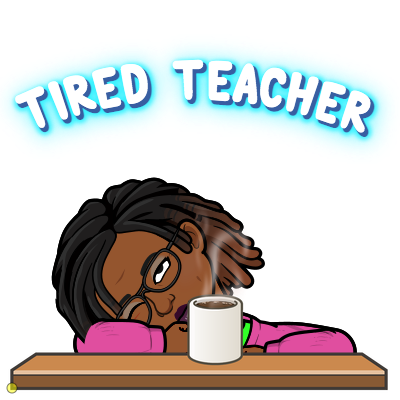Some of us are old enough to remember when journaling was all the rage in school. You had to write everyday and (if you had my teacher) if you didn't have anything to say you just wrote I don't have anything to write over and over again for the entire writing time (it was probably ten minutes but it felt like hours).
Fast forward to today when I am reading the Yang article on blogging and I thought Ah ha, this is what they were trying to do. They were trying to give the quiet kid who never raised their hand a voice. They were giving the kid who needs a little time to think a moment to collect their thoughts and put them on paper. This was a good practice.
Blogging is an updated form journaling but technology makes it even better for students. Here are some of the benefits of blogging as outlined in the article (I added a couple of my own).

- They can serve as portfolios that show student learning over time.
- They are easily shareable. (Raise your hand if you have ever stood in front of the class with your knees knocking to share something you wrote.)
- It encourages collaboration amongst peers.
- It makes learning students centered.
- It encourages students to write, even if it is in an informal setting.
- It gives all students a voice.
- It allows the teacher to get to know the student.


Comments
Post a Comment